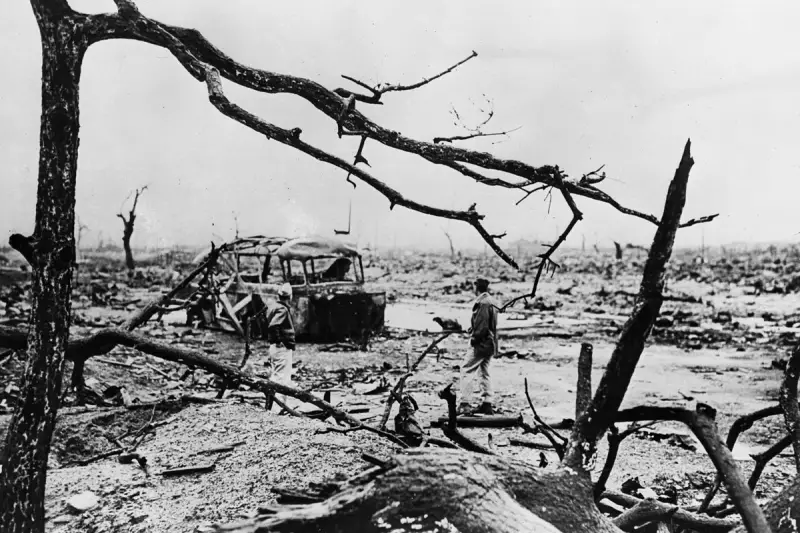
Japan has marked the 78th anniversary of the devastating atomic bombings of Hiroshima and Nagasaki with solemn ceremonies and renewed calls for a world free of nuclear weapons. Survivors, known as hibakusha, joined officials and international representatives to honour the victims and reflect on the horrors of war.
Hiroshima Remembers
On 6 August, a peace memorial ceremony was held in Hiroshima, where the first atomic bomb was dropped by the United States in 1945. The attack instantly killed tens of thousands and left lasting scars on survivors and the city. Mayor Kazumi Matsui urged global leaders to abandon nuclear arms, warning that reliance on such weapons risks repeating history's darkest moments.
Nagasaki's Plea for Peace
Three days later, Nagasaki held its own memorial service. The city's mayor, Shiro Suzuki, echoed Hiroshima's message, calling for nuclear disarmament and emphasising the humanitarian consequences of atomic warfare. Survivors shared emotional testimonies, pleading for future generations to learn from the past.
The Legacy of the Bombings
The bombings of Hiroshima and Nagasaki remain the only use of nuclear weapons in warfare. Over 200,000 people died by the end of 1945, with many more suffering long-term effects from radiation. Today, the cities stand as symbols of resilience and peace, advocating for a nuclear-free world.
Global Reactions
World leaders, including UN Secretary-General António Guterres, reiterated their commitment to nuclear non-proliferation. However, rising geopolitical tensions and modern arms races have cast doubt on progress towards disarmament.
As Japan remembers the tragedy, the hibakusha continue their mission—ensuring that the horrors of Hiroshima and Nagasaki are never forgotten.





